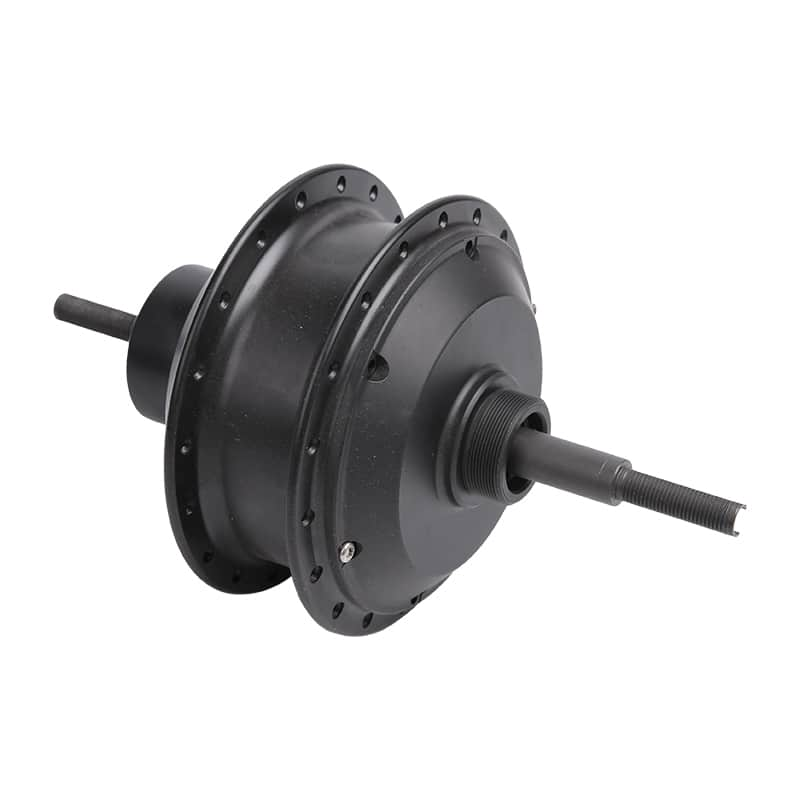Summary:1. Energy utilization efficiency: The energy utilization efficiency of electric motors directly affects the energy consumption of industrial productio...
1. Energy utilization efficiency: The energy utilization efficiency of
electric motors directly affects the energy consumption of industrial production. Efficient motors can convert electrical energy into mechanical energy more efficiently, reducing energy loss during the conversion process. For example, some new permanent magnet synchronous motors use advanced magnetic field control technology to improve the efficiency of the motor, use less electrical energy to produce the same or more mechanical work, and reduce the overall energy consumption of the production line.
2. Reduce carbon emissions: The application of high-efficiency electric motors helps reduce the level of carbon emissions in industrial production. Taking electric vehicles as an example, the use of high-efficiency electric motors can improve the energy utilization of electric vehicles and reduce the need to burn fossil fuels, thus reducing the negative impact of the automotive industry on the environment. This technology plays a key role in driving the transportation industry's shift to clean energy.
3. Reduce operating costs: The high performance of electric motors is directly related to the operating costs of industrial production. Efficient electric motors require less electricity to operate, thus lowering energy bills. For example, in the manufacturing industry, the use of more energy-efficient motors can significantly reduce the electricity costs of production lines, improve the economic benefits of enterprises, and reduce overall operating costs.
4. Extend the life of the equipment: The performance of the motor has a direct impact on the life of the equipment. With high-performance electric motors, the internal components are generally more durable, reducing the frequency of repairs and replacements due to component wear and failure. This not only reduces maintenance costs but also reduces the environmental impact of discarded equipment. For example, in wind turbines, the use of advanced permanent magnet synchronous motors can improve reliability and reduce maintenance costs while extending the life of the equipment.
5. Improve production efficiency: High-performance motors can improve the efficiency and accuracy of production lines. In automated production, precise control and response can ensure the stable operation of the production line. For example, in food processing production lines, conveyor systems using high-performance motors can achieve more precise product positioning and faster transportation, thereby improving the overall efficiency of the production line.
6. Innovation and intelligence: High-performance motors are usually equipped with advanced control systems to support industrial automation and smart manufacturing. For example, some electric vehicles use intelligent motor control systems that can monitor vehicle status and adjust motor performance in real time, improving the driving experience while reducing energy waste and promoting the development of the transportation industry in a more intelligent and sustainable direction.
250W Lithium Electric Vehicle ATV Motor QH-S-250 Brushless DC Motor for Snow Bike


